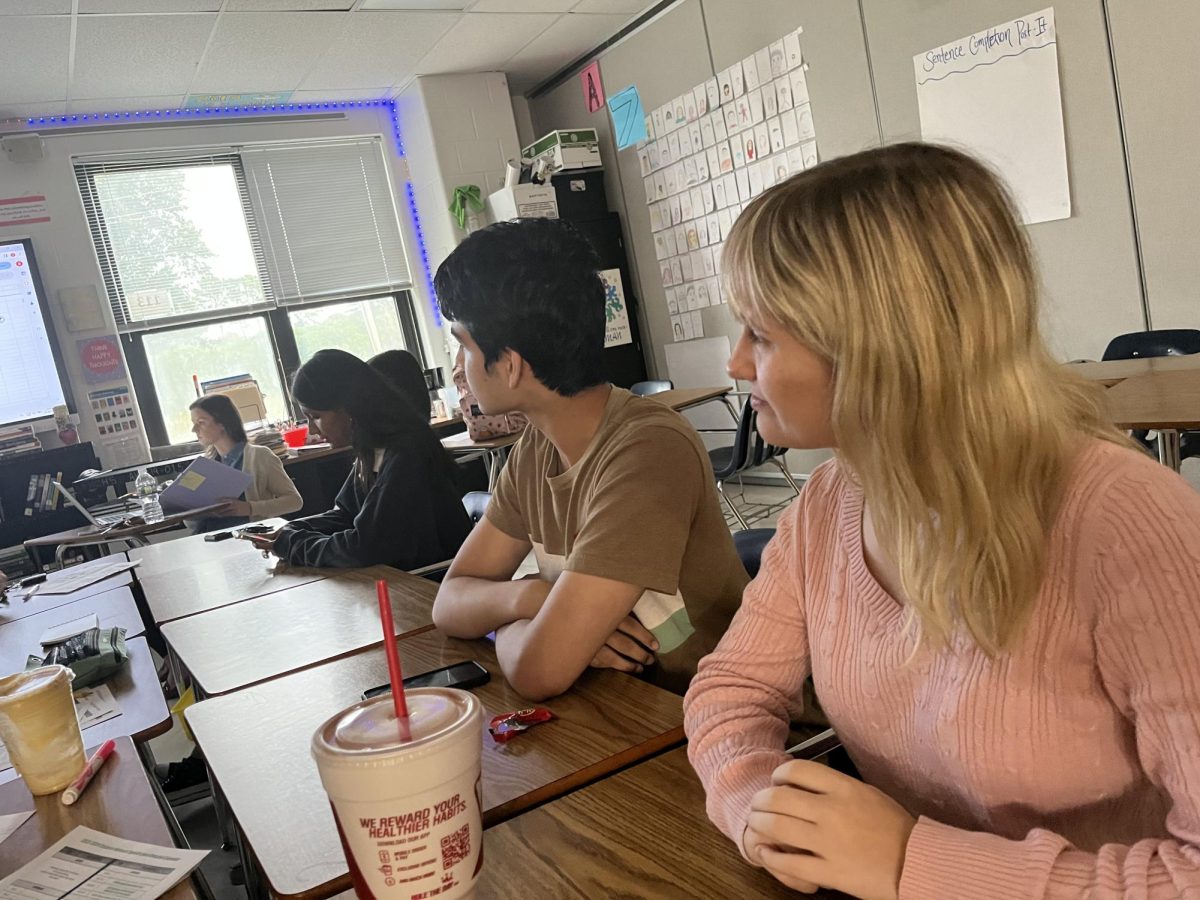After four years of wanting biological children but being unable to have any, Jenelle Louis-Bauer and her spouse turned to fostering. They worked on their certification for roughly a year. Now, they wait to welcome a child into their home.
Jenelle began the road to adoption after three years of infertility treatments. She says the treatments caused more problems than they solved by putting a lot of stress on her body. “I put my body through a whole lot,” Jenelle said. “Thirty pounds and two miscarriages.”
In addition to the physical issues, infertility caused a title wave of emotions. Jenelle felt sadness, disappointment and anger. “I was frustrated because my body wouldn’t hold the baby and also because of the money spent and it not working out,” Jenelle said.
The couple began looking into fostering a child nine months after the emotional trauma of infertility treatments. Before beginning on paperwork, Jenelle and her spouse went through five months of discussion and research. They considered private adoption, but it was too expensive, so they decided to foster instead. Once becoming foster parents, their main goal will be to protect and nurture the children placed with them, and to make each child comfortable.
“Everybody should consider it, especially those who go through infertility,” Jenelle said. “There’s a lot of children out there who need homes.” Friend and co-worker Juli Smith recommended Missouri Alliance for Children and Families after adopting her son from there.
“My son was placed with them and that’s who I worked with for my adoption,” Smith said. Missouri Alliance specializes in helping children who have mental health needs, developmental disabilities, and other trauma related challenges. The agency requires that their potential parents be at least 21 years of age, can handle the financial commitments of a child, have no criminal record, and can provide a safe and healthy environment.
After being approved, Jenelle filled out extremely detailed paperwork about her background so that Missouri Alliance could match her with a child she could best care for.
“The agency knows more about me than my friends do because of the information you have to fill out,” Jenelle said.
In addition to giving specific details about their background, the couple had to choose what they were looking for in a child. This included age, ethnicity, disabilities and gender.
“[The biggest challenge] for us was having to fill out the paperwork of what we would or would not accept,” Jenelle said. “Race was never an issue, but you have to be very specific about a child’s ability.”
Jenelle and her spouse asked for a child of either gender between the ages of zero and four, so that they can make the child more comfortable before he or she begins school. They must prepare themselves and their home for a child that may have faced much tougher things in life on top of being placed in a different home.
Jenelle’s friends and family were there through the nine-week long certification process to support her and to offer words of encouragement. “They know the suffering we have been through with the infertility,” Jenelle said, “They support both of us fully.”
Jenelle’s friends have confidence in her ability toraise a child because of her kindness and patience. “I think she’d be a great parent to any kid,” Physical Education teacher Chris Brown said.
Now that Jenelle and her spouse have finished the certification process the only thing left to do is wait. “Now we’re just waiting for the phone to ring,” Jenelle said. “We’re waiting for someone to say we’ve been chosen and it’s our turn.”







![Ninja Christmas [Comic]](https://FHNtoday.com/wp-content/uploads/2024/12/Ninga-Christmas-Comic-1200x898.jpeg)







![Not Most Little Girls’ Dream [Personal Column]](https://FHNtoday.com/wp-content/uploads/2024/11/Copy-of-Mckenna-Hudson-Tales-of-a-child-delinquent-1200x800.png)





![The November Issue [Comic]](https://FHNtoday.com/wp-content/uploads/2024/12/Untitled_Artwork-2-856x1200.png)
